One of the favorite tropes of science fiction writers and authors in the cyberpunk genre in particular is the dream that one day the line between our brains and computer interfaces will be blurred. We will be able to connect our brain directly to a computer or the Internet and remember really everything.
So far, we are far from wires and chips in the head, but now we have the opportunity to use a computer as an effective external brain.
Anatoly Levenchuk , a well-known specialist in the field of learning technologies, calls this phenomenon "exocortex". By this word he means various "external memory" systems. Writing, one of the greatest inventions in history, is it.
With the advent of the information era, a new stage began: the typical exocortex changed a lot - passive pencil and paper were replaced by an active computer, and then the computer mutated into a tablet and even further - a smartphone.
Now the exocortex lies in each of us's pockets 24 hours a day and relieves memory primarily, but it already performs many other functions. If you forget your smartphone at home, you will feel like you have forgotten a significant part of your own brain - yes, a brain without tools is as ineffective as a hand without tools.
The number of programs that make our life easier is growing every day, but is there any software that can help solve the fundamental problem of effective learning that I outlined in the title?
To do this, we need to make a small lyrical digression about one German genius.
His name was Niklas Luhmann and he was an incredibly productive man. Over 40 years of research activity, he has published over 70 books and 400 scientific articles covering a wide range of topics: sociology, biology, mathematics, cybernetics and computer science.

:
, .
.
«» .
— . .
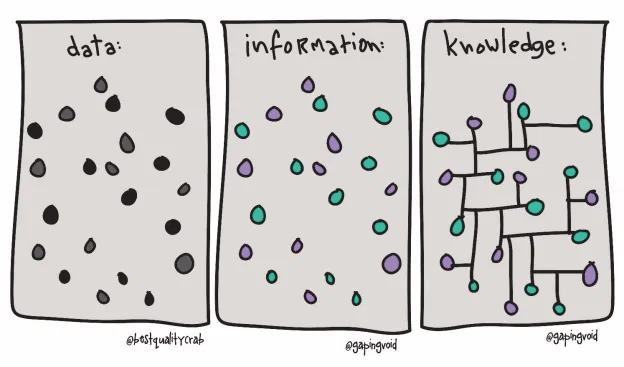
— , «», , .
— , . XXI web- , , .
— Roam Research, .
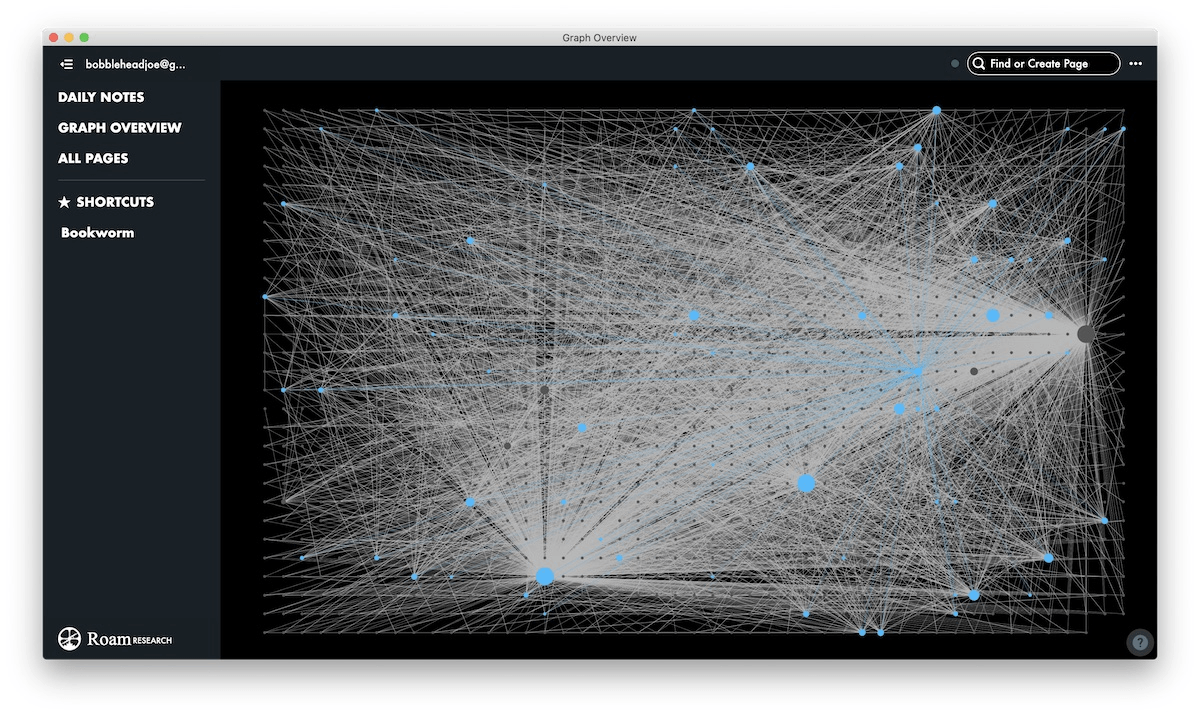
— . , . . «», .
Roam : (15 ), .
, ( ) — Obsidian.
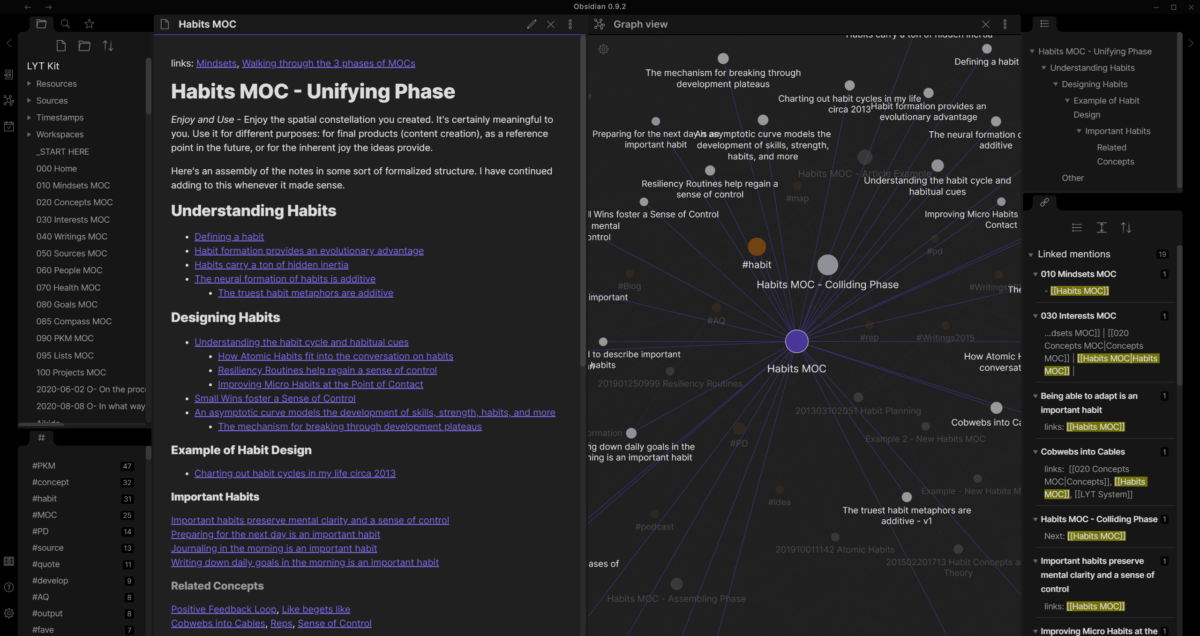
, markdown, , , , .
— TheBrain. . , . , .
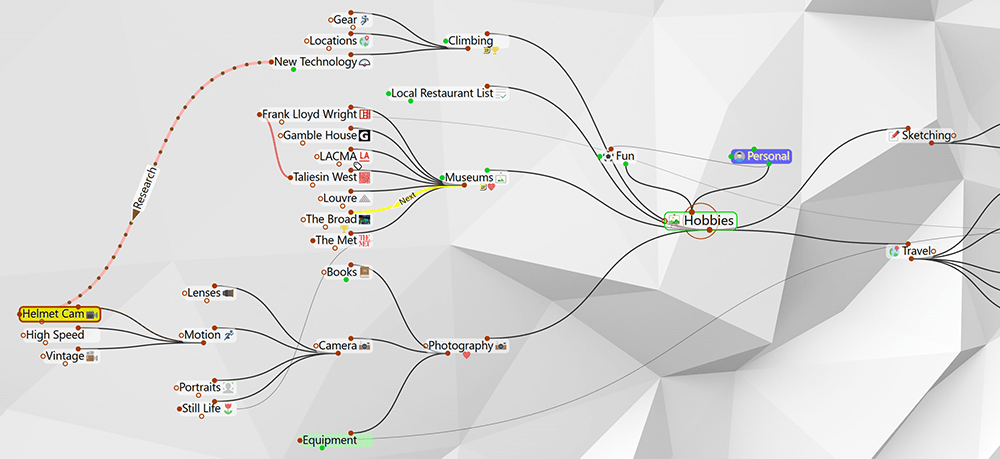
. Pro 200 .
— . 13 .
, . , « » Obsidian:
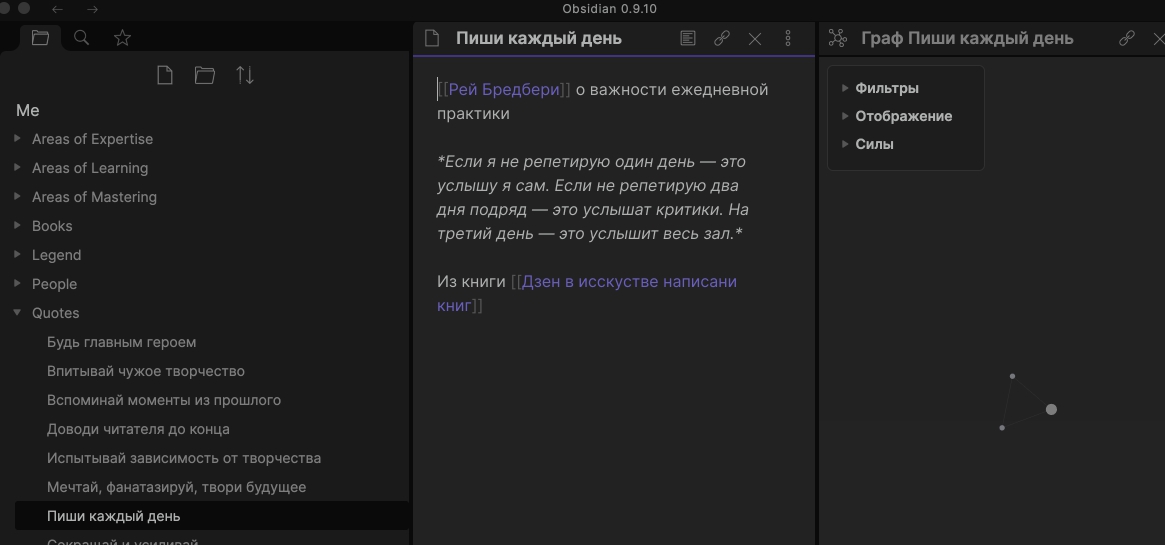
Or, for example, build a network of people. Any person is a context, a link and a field of knowledge. In general, people are the most "humane" way to connect the world.
When you start thinking about these connections, you wonder how the world is interconnected. This is what Sergei Fage looks like in Gleb Kalinin's Brain :

There are a great many cases, but for this it is necessary to consider specific programs. I will write a big post about Obsidian shortly. Follow the feed if interesting and relevant.